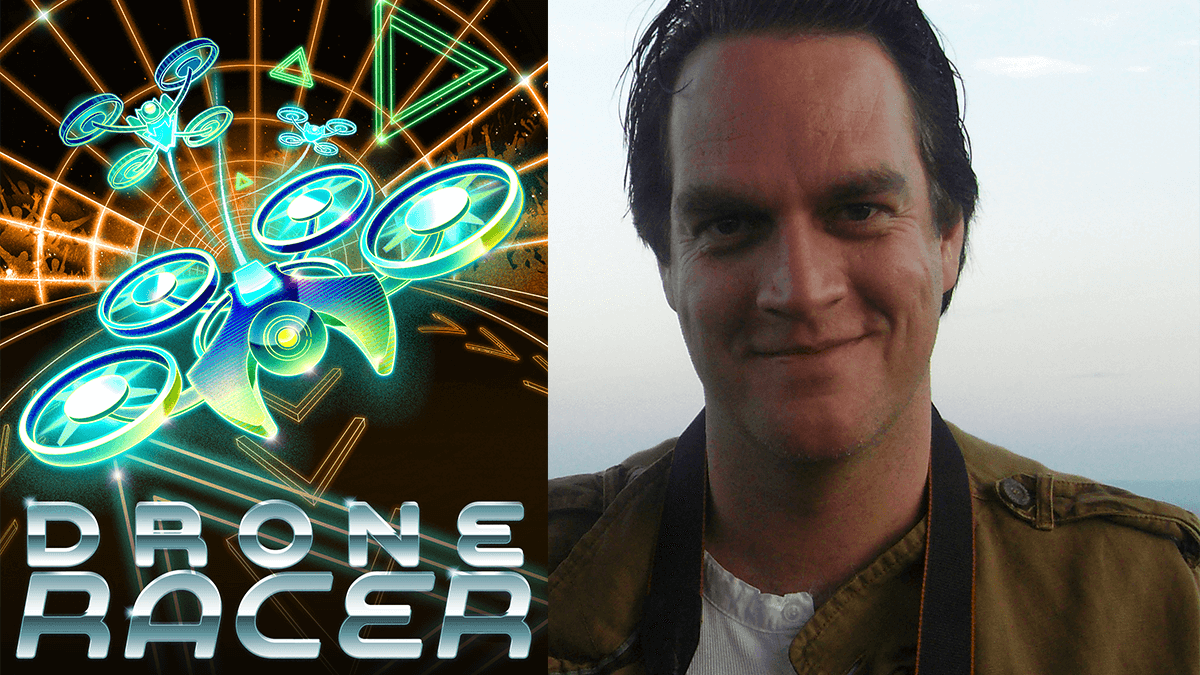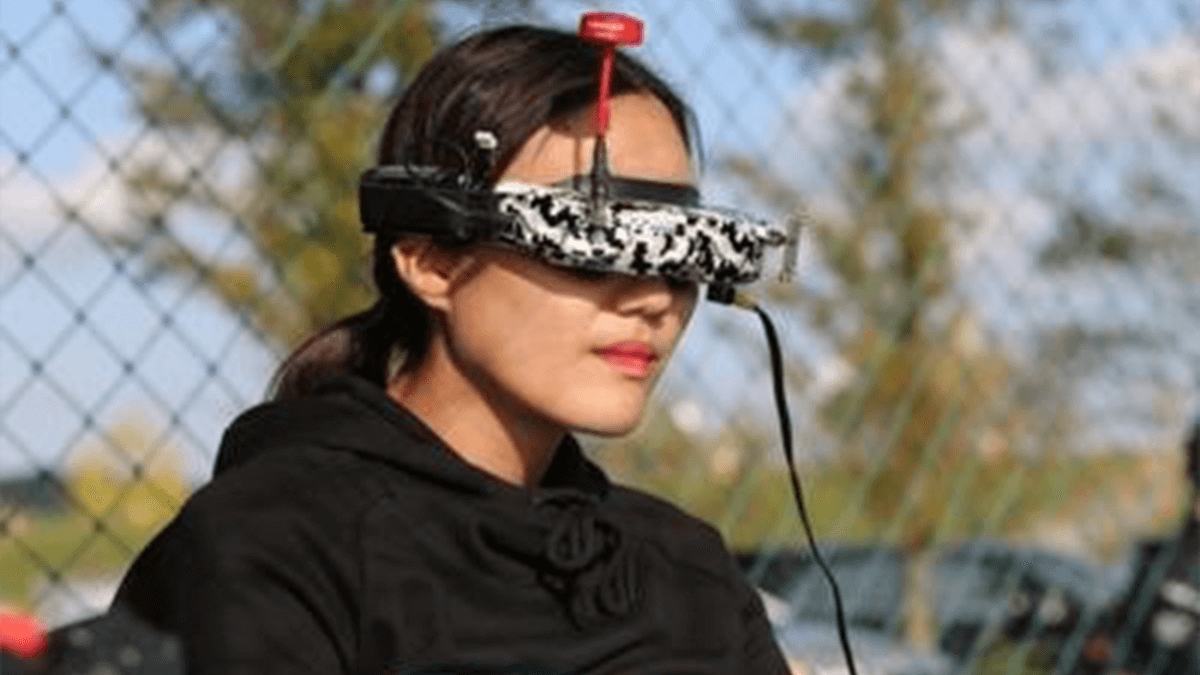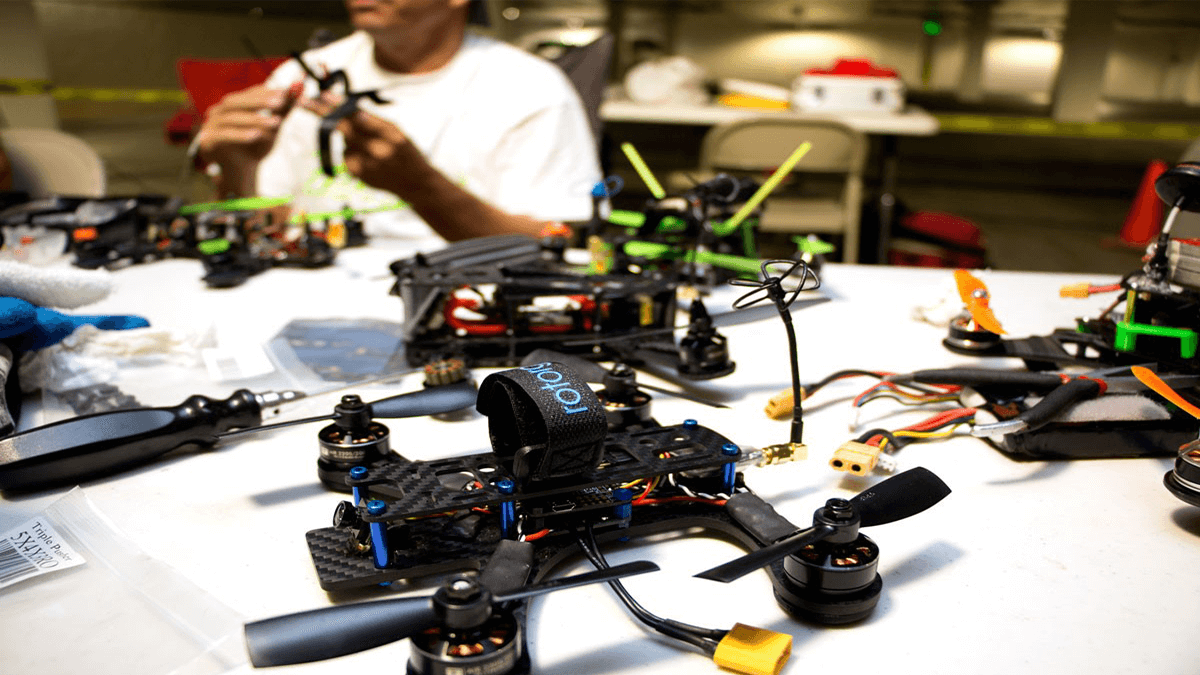Author Andy Briggs on books: our secret weapon in stirring interest in STEM subjects
Published on: 10 Medi 2018 Author: Andy Briggs
Andy Briggs explains why science and fiction go together so well – and how these sort of books might just get kids interested in studying STEM (Science, Technology, Engineering and Maths). Just don't ever, ever call reading 'cool'...

I write children’s books that tend to contain a lot of technology and lean towards science. Heck, I even gave Jane a smartphone in my rebooted Tarzan series.
The reason, aside from the fact I am a bit of a geek, is that technology is something that anchors children to the present (and like it or not, it always has), while the rest of us are watching the future our childhoods promised unfold before our very eyes.
Take classic Star Trek. Captain Kirk with his communicator telling to Scotty to beam him up. That’s the precursor to the mobile phone. HAL, onboard the Discovery in Arthur C Clarke’s brilliant 2001. That’s Siri or Alexa, complete with the murderous personality that refuses to get your online order right – or ejects you from the airlock.
Screen time: don't worry about it too much
We often tell kids off for having their noses in their phones or computer games, but when I was their age I was watching Star Trek or 2001 (hands up, I watched the film long before I read the book) and losing myself in Commodore 64 games.
Through them, I was dreaming of the future and fuelling my imagination, ready for my distant career as a writer. Now, the pupils I meet on school visits take my childhood dreams for granted, which begs the question: what does their future look like?
I try to see the world from their perspective and during my talks (using an interactive presentation to stay hip), I talk about my books and how the ideas first formed from the most mundane things around us. How ordering a pizza while simultaneously trying to download some music (pre-iTunes days) led to my first book series, Hero.com, in which kids are able to download superpowers from the internet. My last series, The Inventory, was inspired by the novelty items – such as x-ray glasses – advertised in the back of my old comics.
How writing can lead to some very cool things

My latest title, Drone Racer, is about – well, drone racing, but with one of the central characters being an artificially intelligent role model. The pupils who read my books are often astonished when I point out everything they’re reading is linked to science, technology, engineering and maths. Good old STEM subjects, which we have unfortunately labelled STEM in an effort to make them sound cool… but which will no doubt generate reluctance from the very kids we’re trying to inspire.
Let me go on another rant, sorry, tangent. During my school visits, I don’t talk about reading and I certainly don’t try to convince them reading is cool. Remember, when we were their age? Whatever our parents thought was cool, we knew it had to be terrible. Why on earth do people think that mindset has changed?
Instead, I talk about writing, or rather the joy writing brings to me. I don’t tell them it’s cool to write – instead I show them a picture of me next to a velociraptor or Stan Lee (by way of explanation, I write movies too) or walking around the Warner Bros studio lot in Burbank. Then I let them work it out by themselves.
STEM might make you rich
By the same token, I never tell them to study science so they could go out and make me a pair of Slider-Boots (as seen in The Inventory). No, I tell them that no matter how fantastical the gadgets in my stories are, they should be scientifically possible and one day they could have them, if only somebody could be bothered to invent them.
They may get rich too. I always find that’s an interesting afterthought to drop into any conversation.
As a subscriber to New Scientist and Wired Magazine, I know STEM subjects are brilliant, but let’s stop trying to make them sound cool. This is where books are our secret weapons in stirring interest. Books show them how amazing and exciting the world can be with a little help from science, with a nudge from technology, a soupçon of engineering and a sprinkling of maths.
In Drone Racer, I introduce three main characters who are cool, relatable, and into racing drones – as perfectly valid a sport as golf or stock car racing. They’re just not very good at it. They improve through various tips, tricks and the help of an AI drone who begins to inadvertently give our hero life lessons. All while the bad guys are discreetly closing in.
Trix, our engineer, doesn’t talk about power ratios, engine thrust or aerodynamics. She doesn’t have to, but she hints at that knowledge. It’s what makes her powerful in the story; it’s an invaluable skillset. She is the smart, cool one; not the subject matter.
Time to wonder: "What if?"

The educational intent of my books is to make the reader curious enough to think, “Maybe I will have a go at drone racing. It could be fun…”, and in doing so, it gently nudges them into the world of engineers and physicists. It makes them think the very same thought I had when I was watching Star Trek. What if…?
It’s that "what if" mentality that should be pushing STEM subjects, not the fact you need to know maths to work out your share of a restaurant bill when you’re older (plus the tip) because your phone’s run out of battery.
It should be, "What if I could use numbers to bend reality?" "What if I could use geometry for something useful, like planning a Mission Impossible-like infiltration into a secret base via the air duct?" "What if I could make a phone battery that doesn’t keep dying…"
Applying acronyms to everything is fine for teachers and us grown-ups, just don’t tell the kids! Instead, give them Frozen in Time to read and gently encourage them to check out cryogenics if they want to live forever; tell them if they read The Inventory series and they just might end up inventing the super-gadget of the future, with a little help from technology; toss Drone Racer into their hands, show them how to race a drone, then point out they might actually win a race with a little better understanding of trajectories, aerodynamics and physics.
And if that doesn’t work, you can always tell them that the UK’s Luke Bannister won the Dubai Drone Racing Grand Prix in 2016 when he was just 16 years old. He won $250,000.
Told you that you could get rich… and perhaps improve your understanding of engineering just a little more…
Twitter: @abriggswriter
Instagram: @itsandybriggs
www.andybriggs.co.uk






Add a comment